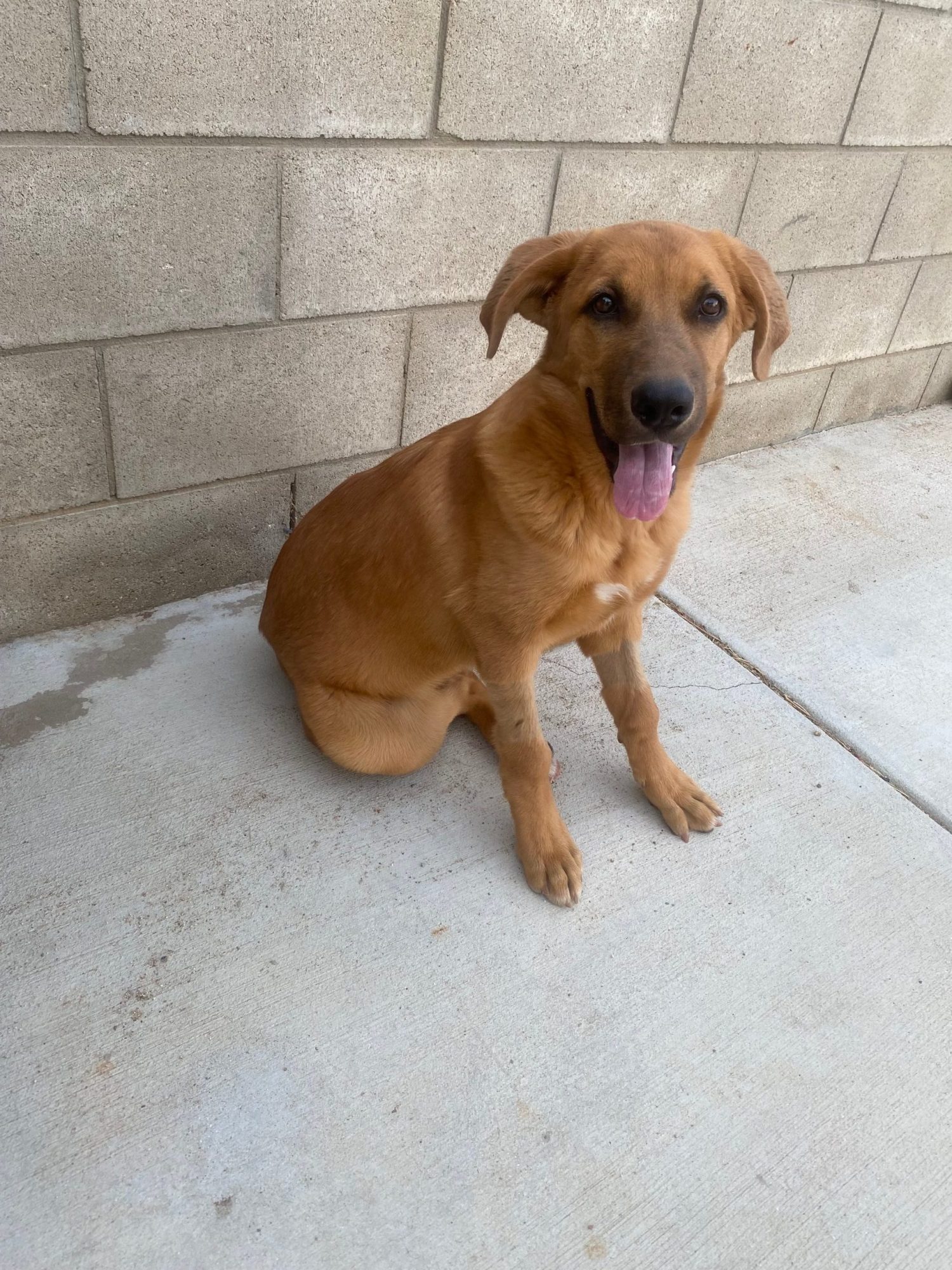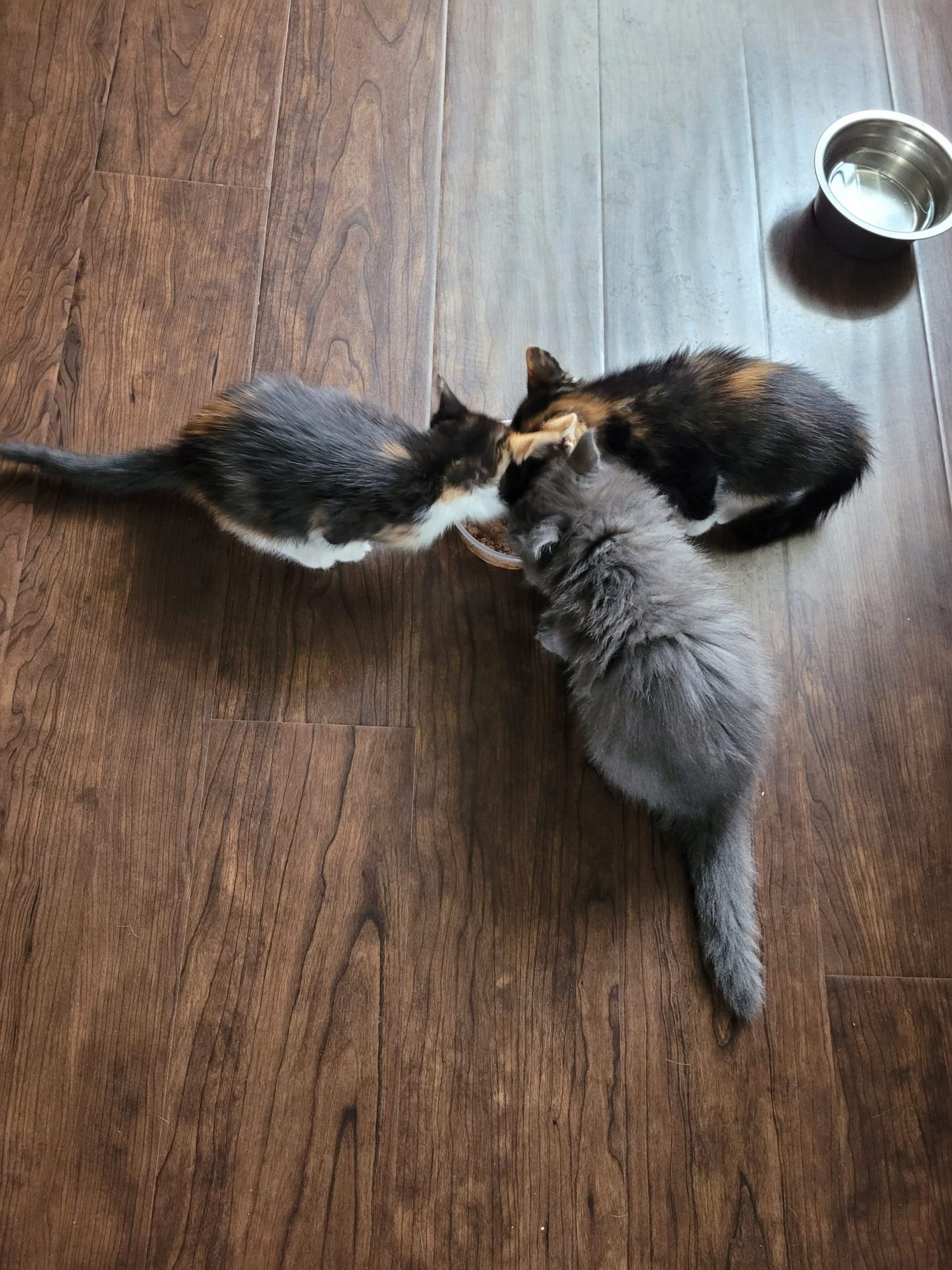
Today we’d like to introduce you to Monica Wylie.
Hi Monica, can you start by introducing yourself? We’d love to learn more about how you got to where you are today?
While my professional animal welfare career spans nearly two decades, animals have been my life. From an early age, I would make and sell comic books, lemonade, my brother’s toys (sometimes back to him), do extra chores and save my allowance to give back to the animals. I wrote stories and hosted puppet shows in my repurposed watermelon box puppet theater. I had an animal fund set aside and would ask my mom to write checks each month to various organizations near and dear to my heart. And she would do it. $1 here. $2 there. I kept copious accounting notes. My cash would trickle into the coffers of organizations and my youthful quest to save them all continued. I started a neighborhood club and created my own training material on what to do if you found a baby bird, an orphaned kitten, an injured animal. And I would always advocate. Also, in my formative years, I had written a letter to the editor of the local newspaper on the importance of spay/neuter and not only was it published; other community members chimed in for action. Let me just suffice it to say these activities took place multiple decades ago.
For more than 15 years, I have provided leadership in an open admissions shelter setting and have not only witnessed the evolution of animal welfare but played an active role in it. Early in my career, the organization I worked with provided a positive outcome for 7 out of 10 dogs and cats that came through the doors (in the 1970s, this number was only 1 out of 4). On the other side of the shelter coin, shelter-acquired diseases would take their toll. With the hundreds of animals in the shelter at any given time, the stress level for the pets can skyrocket, hindering their immune systems and making a kitty cold (URI-upper respiratory infection) or kennel cough (canine URI) euthanasia criteria if the shelter resources are limited. And during “kitten season,” forget about it.
Two decades ago or so, a weekend would bring in a hundred or more kittens. A kennel technician would spend an entire day euthanizing kittens and the other animals “on the list.” Definitely a thankless job. We would have to choose who would get “pulled.” Black cats and kittens. Un-weaned kittens or puppies that came in without their moms, pit bull-type dogs. Fearful or shy animals huddling in the recesses of their kennels. Old dogs and cats and those with medical conditions beyond what we could afford to treat, which was pretty much everything. The crematory located on the property ran nearly seven days a week. Nothing is quite like the smell of a walk-in cooler lined with barrels filled with corpses. I made a promise to each and every one of those lost souls to make euthanasia for economic reasons a thing of the past.
Now, as part of the Karma Team, I can help pets and their families, communities, and even the shelter system in a more proactive way by providing more spay/neuter services, which is a great equalizer and lifesaver for sheer pet numbers and reducing pet overpopulation. And thanks to Project Coco’s veterinary treatment fund, we can ensure pets receive treatment for injuries or illnesses even though the cost for treatment exceeds the family’s means. Let’s make surrendering to a shelter for economic reasons or euthanasia for a treatable condition a thing of the past and help keep families together. We can do this. Please join Karma in the movement to keep families and pets together.
Would you say it’s been a smooth road, and if not what are some of the biggest challenges you’ve faced along the way?
While humane societies have been around for more than 100 years, humane communities are virtually nonexistent. A “humane community” is defined by the presence of leaders, institutions, and policies working collaboratively across social and political systems to create and implement sustainable human, animal, and environmental welfare. So, yes, there have been many obstacles and challenges. We are still looking for equity for the people and animals have historically fallen far below people on the value scale. There are still debates as to whether animals feel pain. They are still seen as disposable and a commodity. Very similar struggles are encountered by marginalized populations of people. Yes, in our country. I believe Mahatma Gandhi said it best, “the greatness of a nation and its moral progress can be judged by the way it treats its animals.”
Great, so let’s talk business. Can you tell our readers more about what you do and what you think sets you apart from others?
Karma Rescue is committed to ending economic euthanasia and elevating the human-nonhuman animal bond by building humane communities. We do everything in our power to keep families and their pets together. We provide at least one low-cost spay/neuter clinic each month and have provided nearly 1500 spay/neuter surgeries this year. One of the main reasons for pet surrender to a shelter is “too many”. And shelters are still reeling from the cat and dog population boom that set animal welfare back at least a decade due to COVID and the virtual shutdown of spay/neuter services. Spay/neuter services are definitely essential. We also provide financial support for veterinary care to keep pets with their loving families rather than surrendering to an overcrowded shelter or perhaps not treating the pet for its illness or injury at all due to lack of resources. We pride ourselves in being nimble and looking for ways to say “yes” rather than enforce barriers to service. We do envision a humane world, one community at a time.
What were you like growing up?
As mentioned in the opening segment, I was all about animals. I tended to be on the entrepreneurial side: lemonade stands, backyard carnivals, and my favorite puppet shows. I was also excellent at “delegating”. Translation: I made my little brother participate in my schemes. He was the one dressed up like a clown on the street corner marketing our carnival. I’d make him buy his own stuff back from me. Yes, I was the best sister ever. And I had this amazing office in my closet outfitted with all the trappings. Besides my animal and environmental advocacy, reading, and sports (I played volleyball, basketball and participated in gymnastics at the high school level. I participated on a tumbling/jump rope performance team, basketball and softball prior to high school.)
I began my vegetarian lifestyle in middle school and it later evolved into veganism. Veganism is definitely a lifestyle: first do no harm. It was important for me to be part of the solution.
Currently, I foster abandoned kittens, including bottle feeders, as well as a couple of vintage pups still looking for their forever home.
Contact Info:
- Website: www.karmarescue.org
- Instagram: https://www.instagram.com/KarmaRescue/
- Facebook: facebook.com/KreateKarma
- Twitter: https://twitter.com/KarmaRescue
- Youtube: https://www.youtube.com/@karmarescue2387
















